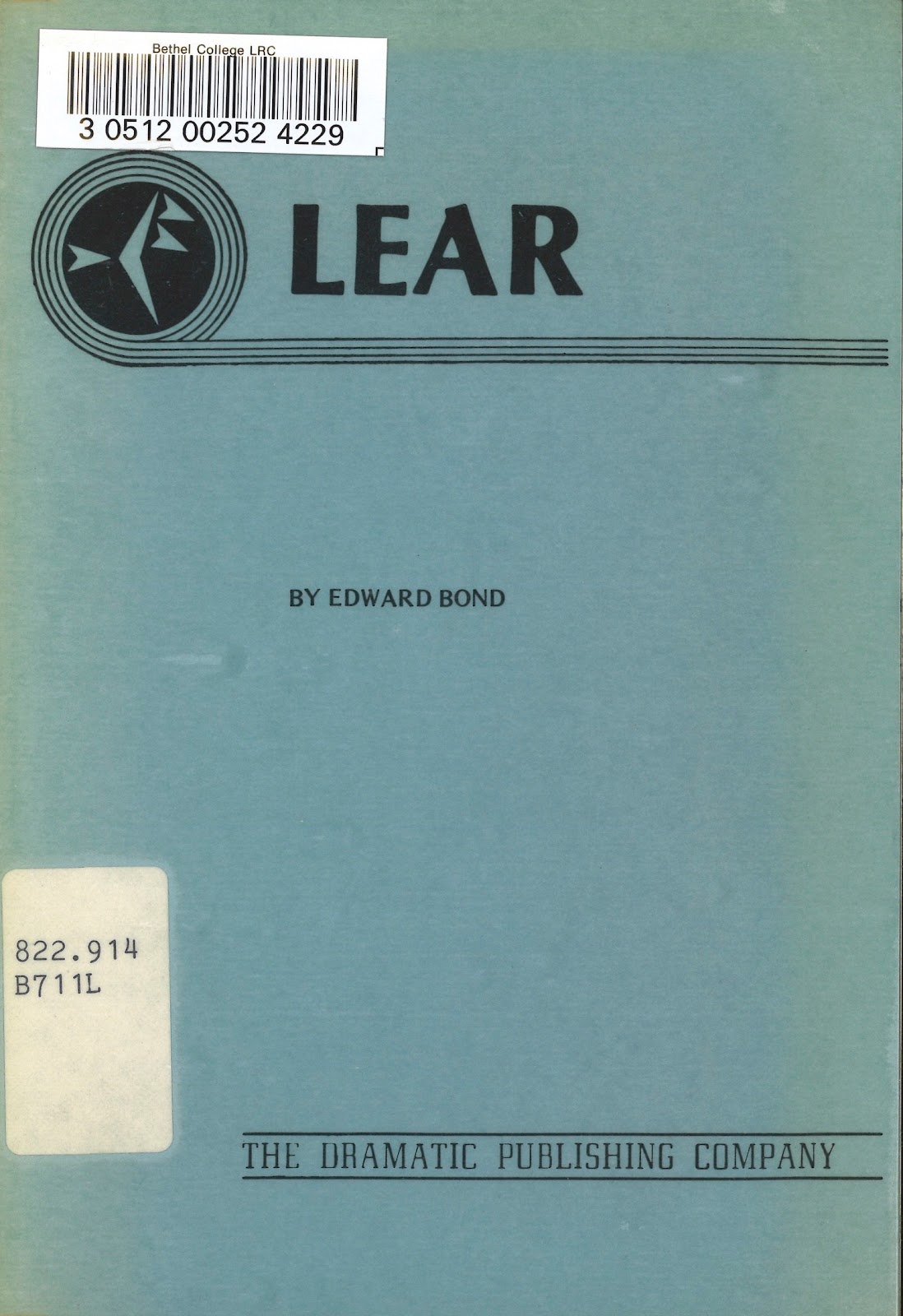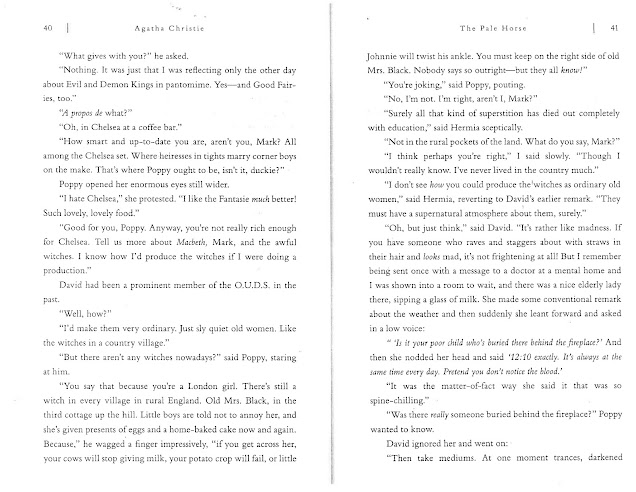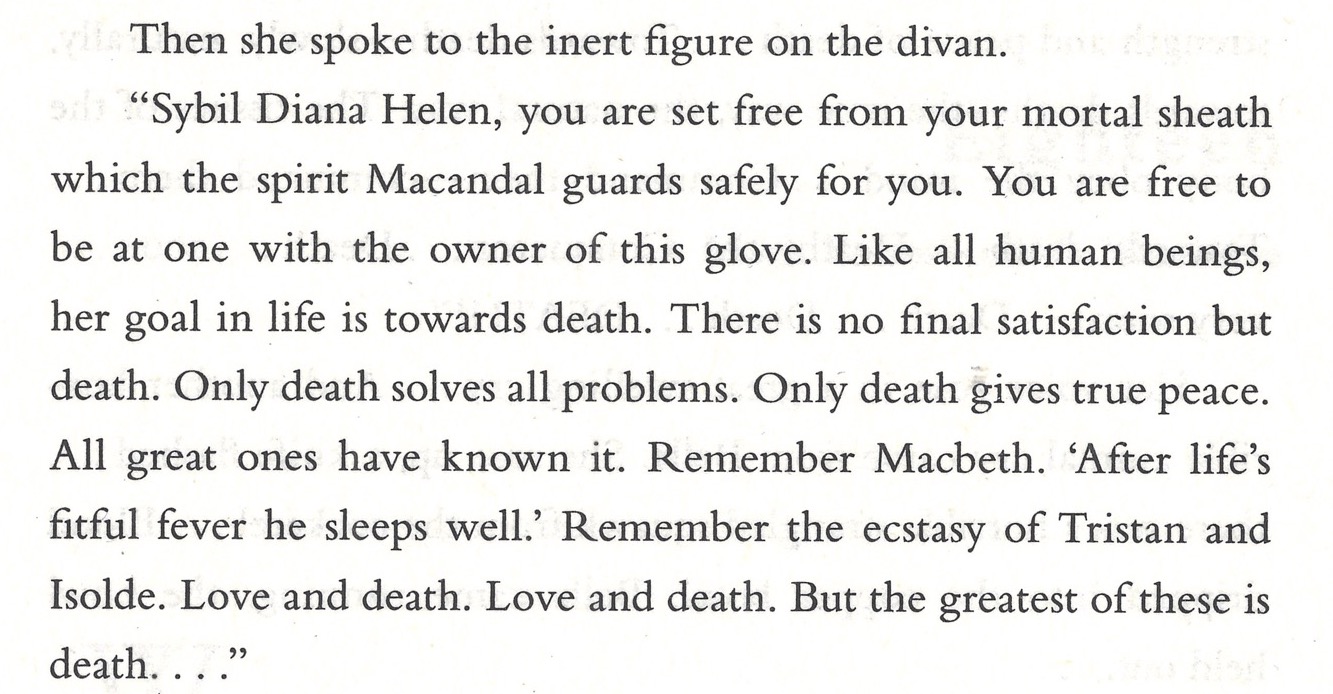This experimental, somewhat-absurdist, brutal, almost-unreadable, likely-unbearable-in-performance play offers a modern take on King Lear.
Why, then, does Bardfilm bring it up? Well, I suppose it's for completeness—a record of my responses to as much of the Shakespeare-related material I encounter that I can manage to share—and for information—letting readers know what's out there.
But it's a hard and unenjoyable play. To be fair, I'm not sure that "enjoyable" is the first adjective that springs to mind when considering King Lear, but Shakespeare's play does provide redemptive moments and a consideration of the significance of suffering in this world. Bond's Lear doesn't.
Let me give you, as is my wont, a few representative pages. In this first scene, Lear wants to execute a man who has been sabotaging the building of a protective wall (the details of the wall are deliberately left vague, but it's vaguely meant to keep out enemies). His daughters, Fontanelle and Bodice (yes, many of the names are changed) announce their matrimonial intentions.
In our next scene, Lear's eyes (yes, Lear's, not Gloucester's) are extracted by a machine Fourth Prisoner has developed:
Finally, the blind Lear becomes a voice for peace and for tearing down the wall. But he speaks in strange, difficult parables:
It's a very difficult play, and I don't think I'll be buying tickets if any productions come my way. On the other hand, I'm open to having missed something important about this play! Feel free to comment if you think I'm a dimwitted dolt—but try to be kind about it, please.



























